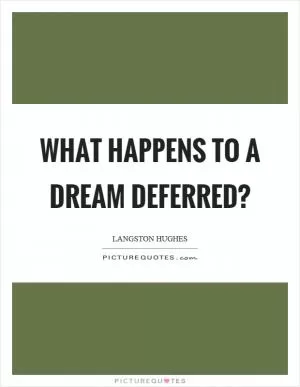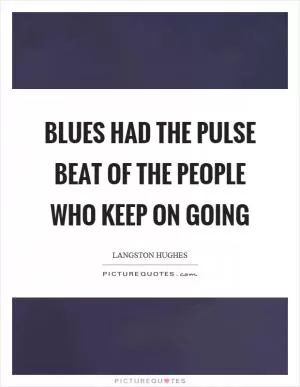Life is a system of half-truths and lies, Opportunistic, convenient evasion

Life is a system of half-truths and lies, Opportunistic, convenient evasion
Langston Hughes, a prominent figure in the Harlem Renaissance, was known for his powerful and evocative poetry that often delved into the complexities of the human experience. One of the recurring themes in Hughes' work is the idea that life is a system of half-truths and lies, characterized by opportunistic and convenient evasion.In many of his poems, Hughes explores the ways in which individuals navigate the world around them, often resorting to deception and manipulation in order to survive and thrive. This theme is particularly evident in his poem "Harlem," where he poses the question, "What happens to a dream deferred?" The poem suggests that when dreams are constantly put on hold or denied, individuals may resort to dishonesty and deceit in order to cope with the disappointment and frustration of unfulfilled aspirations.
Hughes also addresses the concept of half-truths and lies in his poem "Theme for English B," where he reflects on the complexities of identity and the ways in which individuals present themselves to the world. The poem explores the idea that individuals often construct a persona that is based on societal expectations and norms, rather than their true selves. This idea of presenting a false image to the world is a form of opportunistic evasion, allowing individuals to avoid confronting their own insecurities and vulnerabilities.












 Friendship Quotes
Friendship Quotes Love Quotes
Love Quotes Life Quotes
Life Quotes Funny Quotes
Funny Quotes Motivational Quotes
Motivational Quotes Inspirational Quotes
Inspirational Quotes